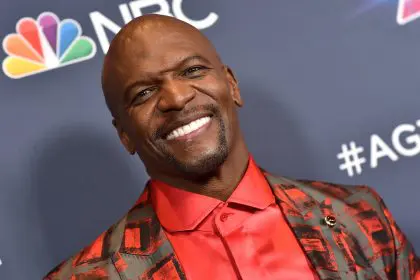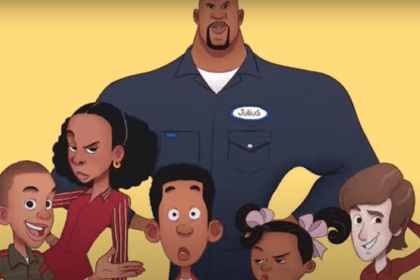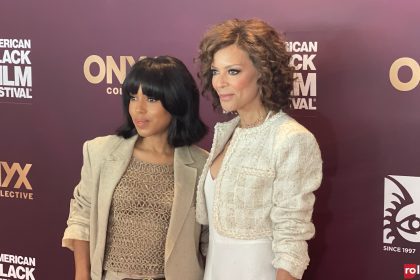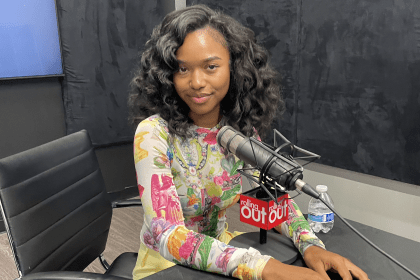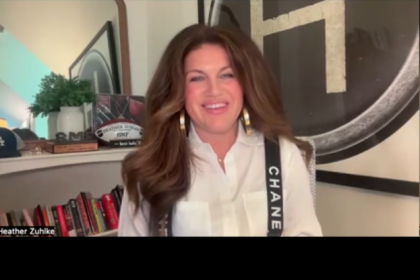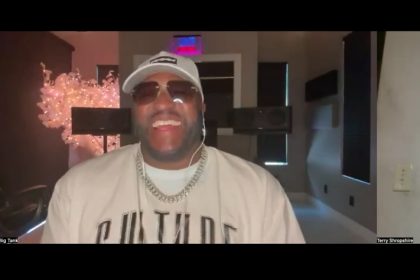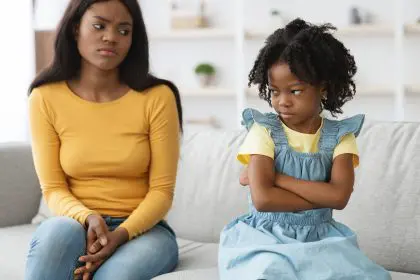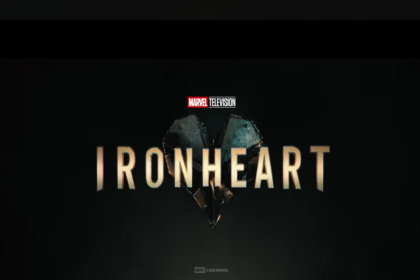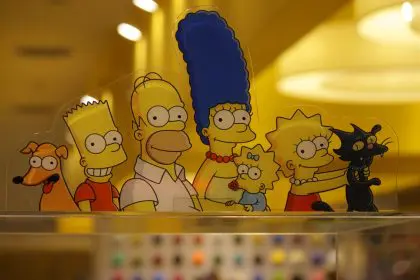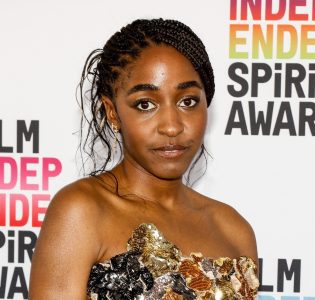
STARZ’s hit comedy “Survivor’s Remorse” returns this week for a season 2 that promises to be even more outrageous than last year. The series is executive produced by Lebron James, and follows the exploits of a young NBA star named Cam Calloway as he and his family adjust to newfound wealth, status and the lifestyle and culture of Atlanta, where Cam has just signed. Erica Ash co-stars as Mary Charles Calloway, Cam’s overprotective and volatile big sister affectionately known as “M-Chuck.” In the first season, M-Chuck was involved in some of the show’s most memorable moments, including her butting heads with a pastor over her sexuality after she brought her girlfriend to church; and her accommodating an obnoxious, terminally-ill young man whose final wish was to see a naked girl. This season, M-Chuck shows no signs of slowing down and Ash spoke to rolling out about showcasing this screwball family and why she loves the character and the Calloways.
“M-Chuck has a little problem with her temper; I don’t think that’s anything new for the fans,”Ash explains. “It causes some legal issues for her and the family [this season] and she has to resolve that. But the great thing about the family is, as dysfunctional as we are, we always show up for each other and we always have each other’s backs.”
Ash praises “Survivor’s Remorse” for not shying away from that dysfunction.
“A lot of times, it’s very easy for something like this to become stereotypical,” she shares. “But the reality is, we are across-the-board, the way any other family would be. Every family has some kind of dysfunction. Every family has that one family member that you have to keep an eye on, no matter what demographic you’re in. And so for us, portraying that was the authenticity that we needed to show.”
Because of the caricatured way that Black people are often portrayed in Hollywood, some focus is on presenting a “positive” image to counter those caricatures. But Ash believes that the key is in telling the truth, not in being pristine. And everyone can relate to the truth.
“I think that when you do portray that authentically, you do reach a lot more people,” she says. “Because it’s not just a Black show or just Black people problems or things Black people do, you end up integrating a lot of different people. I have white people say, ‘Ohmigod, my uncle smokes weed all the time!’ or ‘My mother is really overbearing just like that!’ or ‘My big sister or big brother is mean and overprotective just like that!’ So, instead of focusing on what the stereotypical black household would be, we just portray a random dysfunctional family who happens to be Black.”
“Look at ‘Roseanne,'” she adds. “They were a dysfunctional family, but people really gravitated to them because in their dysfunction, you could see mirrors of your own situation, your family or someone that you know. It’s important for us to do that because it allows us to reach a lot more people.”



